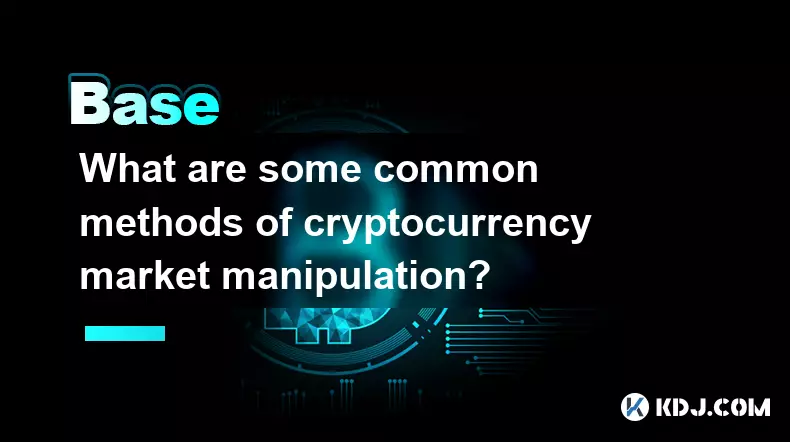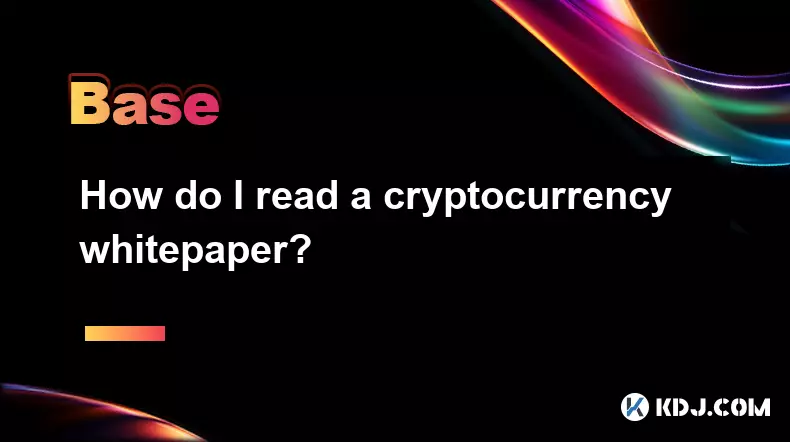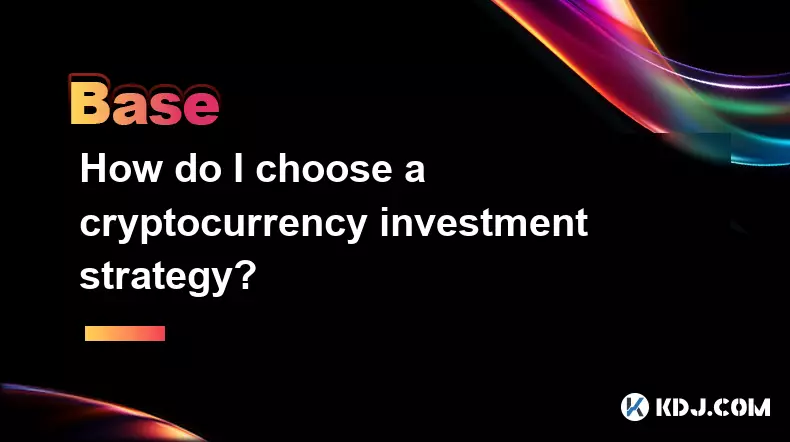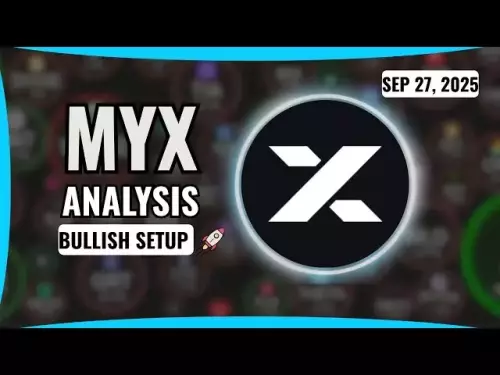-
 bitcoin
bitcoin $109523.663807 USD
-0.13% -
 ethereum
ethereum $4019.526508 USD
2.06% -
 tether
tether $1.000482 USD
0.00% -
 xrp
xrp $2.776815 USD
0.18% -
 bnb
bnb $958.942396 USD
0.12% -
 solana
solana $204.294698 USD
3.84% -
 usd-coin
usd-coin $0.999693 USD
0.00% -
 dogecoin
dogecoin $0.232115 USD
2.09% -
 tron
tron $0.338028 USD
0.84% -
 cardano
cardano $0.790920 USD
1.50% -
 hyperliquid
hyperliquid $44.871443 USD
5.60% -
 ethena-usde
ethena-usde $1.000322 USD
0.04% -
 chainlink
chainlink $21.034165 USD
2.60% -
 avalanche
avalanche $28.794831 USD
-0.54% -
 stellar
stellar $0.360466 USD
1.24%
What is Ethereum and ETH?
Ethereum is a decentralized platform powering smart contracts and dApps, with ETH as its native cryptocurrency used for transactions, staking, and gas fees.
Sep 20, 2025 at 09:18 pm

Understanding Ethereum and Its Native Cryptocurrency
1. Ethereum is a decentralized blockchain platform that enables developers to build and deploy smart contracts and decentralized applications (dApps). Unlike traditional systems controlled by centralized entities, Ethereum operates on a global network of computers that execute and validate code autonomously. This ensures transparency, immutability, and resistance to censorship.
2. The native cryptocurrency of the Ethereum network is called Ether, commonly referred to as ETH. It serves multiple functions within the ecosystem, including acting as a digital currency for transactions, a reward mechanism for network validators, and a form of collateral in various decentralized finance (DeFi) protocols.
3. Every action performed on the Ethereum network—such as sending ETH, interacting with a dApp, or deploying a smart contract—requires computational resources. Users pay for these resources using ETH in the form of transaction fees, known as 'gas fees.' These fees compensate the network participants who process and secure transactions.
4. Ethereum underwent a major upgrade known as 'The Merge' in 2022, transitioning from a proof-of-work (PoW) consensus mechanism to a proof-of-stake (PoS) model. This shift significantly reduced energy consumption and introduced a new way for users to participate in network security by staking their ETH.
5. Staking involves locking up a minimum of 32 ETH to become a validator or using staking pools to contribute smaller amounts. Validators are responsible for proposing and attesting to new blocks on the blockchain, earning additional ETH as rewards for their participation and adherence to protocol rules.
Key Features That Differentiate Ethereum
1. Smart contracts are self-executing agreements written in code that automatically enforce terms when predefined conditions are met. Ethereum was the first platform to enable widespread use of smart contracts, paving the way for innovations such as automated lending platforms, non-fungible tokens (NFTs), and decentralized exchanges (DEXs).
2. The Ethereum Virtual Machine (EVM) is a runtime environment that executes smart contracts across all nodes in the network. Its compatibility allows developers to write code in high-level programming languages like Solidity and deploy it seamlessly across different Ethereum-based networks and sidechains.
3. Ethereum supports token standards such as ERC-20 for fungible tokens and ERC-721 for NFTs. These standards define a common set of rules that ensure interoperability between applications, wallets, and marketplaces, fostering a vibrant ecosystem of digital assets.
4. Decentralized autonomous organizations (DAOs) are another innovation made possible by Ethereum. These are member-owned communities governed by smart contracts, where decisions are made through token-based voting rather than hierarchical leadership structures.
5. The open-source nature of Ethereum encourages continuous development and improvement. A large community of developers, researchers, and contributors actively work on scaling solutions, security enhancements, and new features to expand the platform’s capabilities.
The Role of ETH in the Broader Crypto Economy
1. ETH is the second-largest cryptocurrency by market capitalization, following Bitcoin. Its widespread adoption and utility make it a cornerstone asset in the digital asset space, frequently used as a trading pair on cryptocurrency exchanges.
2. In the DeFi sector, ETH is often used as collateral to borrow other assets or provide liquidity in yield-generating protocols. Its stability and recognition increase trust among users engaging in financial activities without intermediaries.
3. Many initial coin offerings (ICOs) and token sales historically accepted ETH as a means of fundraising, reinforcing its position as a primary medium of exchange in blockchain-based projects.
4. As Ethereum continues to evolve with upgrades like EIP-1559 and layer-2 scaling solutions, the economic model around ETH has shifted toward deflationary mechanics. A portion of transaction fees is burned, reducing the total supply over time under certain network conditions.
5. Institutional interest in ETH has grown, with financial products such as futures contracts and spot ETFs gaining regulatory approval in select jurisdictions. This institutional validation contributes to increased legitimacy and broader market integration.
Frequently Asked Questions
What distinguishes Ethereum from Bitcoin?Ethereum focuses on enabling programmable transactions through smart contracts, while Bitcoin primarily functions as a digital store of value and peer-to-peer payment system. Ethereum's infrastructure supports complex applications beyond simple transfers.
Can ETH be mined after the transition to proof-of-stake?No, ETH can no longer be mined. After the Merge, block production and validation are handled by stakers who lock up ETH instead of solving cryptographic puzzles through computational power.
How do gas fees on Ethereum fluctuate?Gas fees vary based on network demand. During periods of high activity, such as popular NFT minting events or market volatility, users may need to pay higher fees to prioritize their transactions.
Is it possible to lose access to staked ETH?While staked ETH remains secured on the network, users must safeguard their withdrawal credentials and private keys. Loss of access to these can result in inability to withdraw or manage staked funds.
Disclaimer:info@kdj.com
The information provided is not trading advice. kdj.com does not assume any responsibility for any investments made based on the information provided in this article. Cryptocurrencies are highly volatile and it is highly recommended that you invest with caution after thorough research!
If you believe that the content used on this website infringes your copyright, please contact us immediately (info@kdj.com) and we will delete it promptly.
- Sleep Token's Macabre Metal: A Ritualistic Rise to Rock Stardom
- 2025-09-27 22:25:15
- BlockchainFX: Is This Presale the Next Binance?
- 2025-09-27 22:25:15
- ORDER Token's Binance Listing Ignites Crypto Rally: What Traders Need to Know
- 2025-09-27 22:30:01
- Ethereum ETFs Feel the Heat: Investors Exit as Staking Approval Looms?
- 2025-09-27 22:30:01
- Crypto Presales & Meme Coins: Hunting for the Next 100x Opportunity
- 2025-09-27 22:30:01
- Cardano (ADA) Price Prediction: Bullish Scenarios and Market Dynamics
- 2025-09-27 22:30:16
Related knowledge

What are some common methods of cryptocurrency market manipulation?
Sep 27,2025 at 02:55am
Wash Trading and Its Impact on Market Perception1. Wash trading involves an individual or entity simultaneously buying and selling the same cryptocurr...

How do I read a cryptocurrency whitepaper?
Sep 27,2025 at 05:54am
Understanding the Structure of a Cryptocurrency Whitepaper1. Begin by identifying the executive summary, which outlines the project’s core vision and ...

Can I recover lost cryptocurrency?
Sep 25,2025 at 08:18am
Understanding the Nature of Cryptocurrency Loss1. Cryptocurrency operates on decentralized networks, meaning there is no central authority to reverse ...

How do I choose a cryptocurrency investment strategy?
Sep 27,2025 at 03:55pm
Understanding Risk Tolerance in Crypto Investing1. Assessing personal risk tolerance is a foundational step when entering the cryptocurrency market. V...

How can I earn passive income from cryptocurrency?
Sep 23,2025 at 10:18am
Staking Cryptocurrencies for Regular Returns1. Many blockchain networks operate on a proof-of-stake (PoS) consensus mechanism, allowing users to earn ...

What are gas fees in cryptocurrency transactions?
Sep 26,2025 at 02:00am
Understanding Gas Fees in Blockchain Transactions1. Gas fees are payments made by users to compensate for the computing energy required to process and...

What are some common methods of cryptocurrency market manipulation?
Sep 27,2025 at 02:55am
Wash Trading and Its Impact on Market Perception1. Wash trading involves an individual or entity simultaneously buying and selling the same cryptocurr...

How do I read a cryptocurrency whitepaper?
Sep 27,2025 at 05:54am
Understanding the Structure of a Cryptocurrency Whitepaper1. Begin by identifying the executive summary, which outlines the project’s core vision and ...

Can I recover lost cryptocurrency?
Sep 25,2025 at 08:18am
Understanding the Nature of Cryptocurrency Loss1. Cryptocurrency operates on decentralized networks, meaning there is no central authority to reverse ...

How do I choose a cryptocurrency investment strategy?
Sep 27,2025 at 03:55pm
Understanding Risk Tolerance in Crypto Investing1. Assessing personal risk tolerance is a foundational step when entering the cryptocurrency market. V...

How can I earn passive income from cryptocurrency?
Sep 23,2025 at 10:18am
Staking Cryptocurrencies for Regular Returns1. Many blockchain networks operate on a proof-of-stake (PoS) consensus mechanism, allowing users to earn ...

What are gas fees in cryptocurrency transactions?
Sep 26,2025 at 02:00am
Understanding Gas Fees in Blockchain Transactions1. Gas fees are payments made by users to compensate for the computing energy required to process and...
See all articles









































































